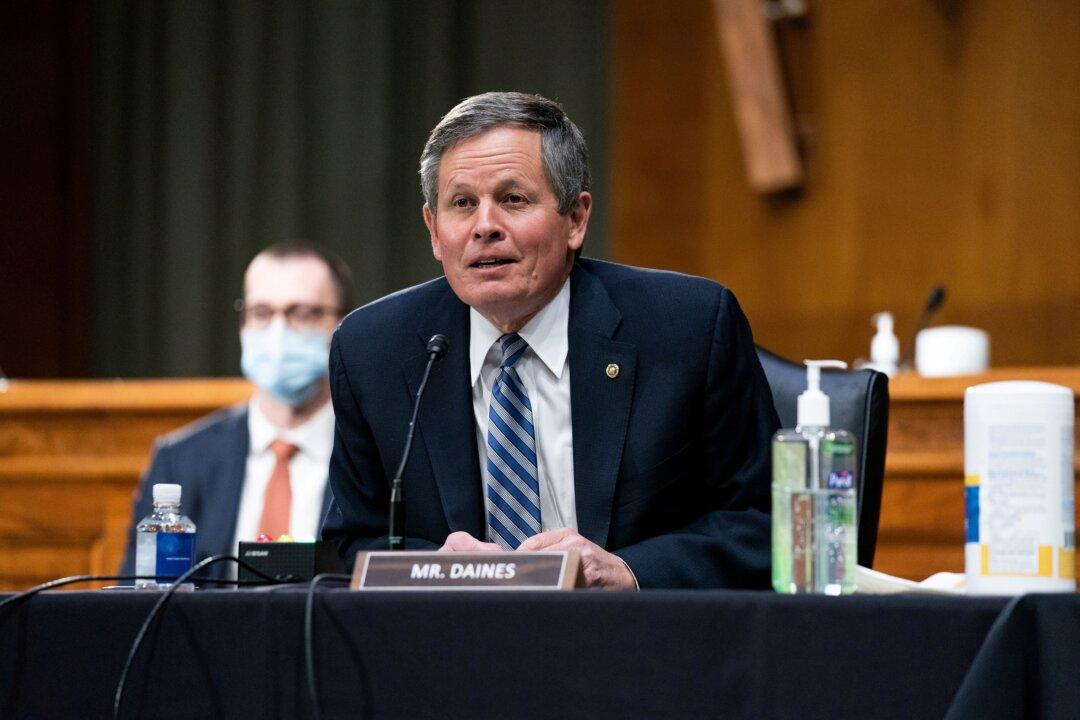In November 2022, there were 34 United States Senate races on ballots across the nation. Despite having to defend 20 of those seats in the split 50-50 chamber, Republicans charged into the midterms certain that a swelling “red wave” would sweep them into a multi-seat majority.
That projected “red wave” crested early, failing to materialize. Although the GOP narrowly regained the House, Democrats seized control of the Senate, 51-49, marking the first time since 2006 that they gained midterm seats.





